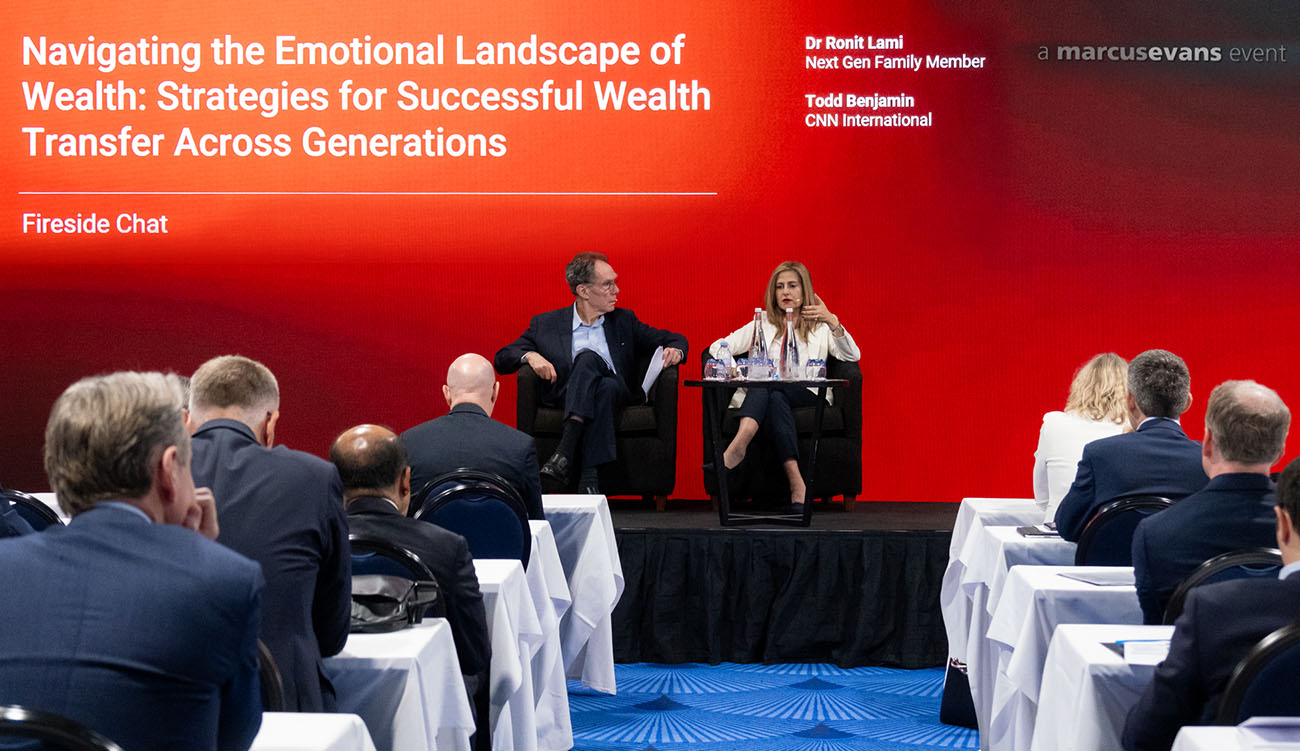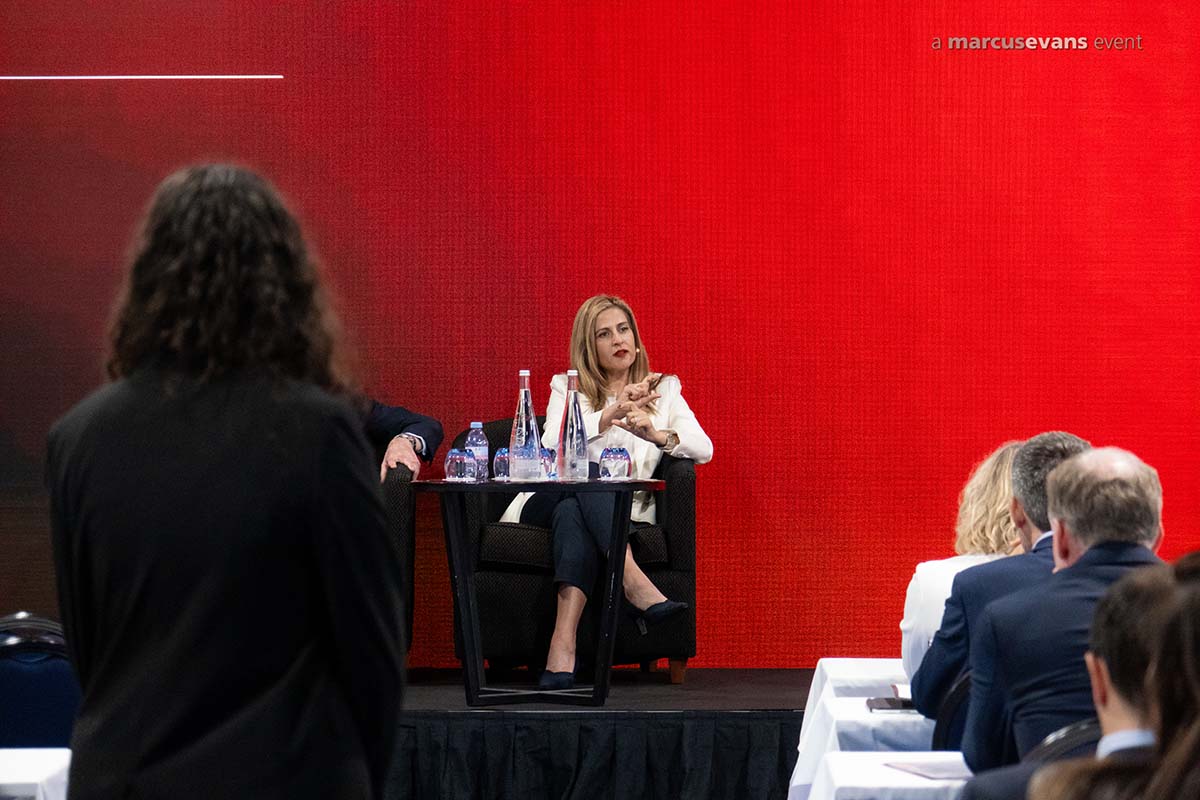Succession planning is a complex process that involves not just financial and operational aspects but emotional ones as well. As a wealth psychologist who counsels UHNW families and individuals, I understand how deeply ingrained one’s identity can become with the business they’ve built and nurtured over the years. This attachment can make the process of letting go exceedingly challenging.
An Emotional Roller Coaster
Imagine devoting a significant part of your life to raising a child, providing it with the best resources, love, and attention. Then, when they’ve grown up, someone else steps in, taking over the guidance and decision-making. You’re suddenly left on the sidelines, without influence, with no one paying heed to your input. That’s how many business owners feel when they hand over the reins of their companies, especially when they are not prepared for this significant change. This transition often proves to be an emotional roller coaster, a shift in identity that can be disorienting and distressing.
Family Dynamics and Succession
In family businesses, succession planning often brings additional challenges due to the intricate relationships involved. It’s not uncommon for the outgoing leaders, especially parents, to insist on staying involved, offering advice, and having their say. This tendency can create tension when the business has evolved to a point where strategies and approaches that worked a decade ago are no longer viable.
The reluctance to let go often reflects doubts about the incoming generation’s ability, commitment, and leadership. This apprehension can stem from miscommunication and sometimes conflicting generational values, making the transition process even more challenging.
A Gradual Disconnect
One crucial aspect of a successful transition is ensuring that the disconnect is done gradually. A sudden break can be emotionally distressing for the departing leader and destabilizing for the business. It’s essential to work out a transition plan that allows the outgoing leader to feel heard without undermining the authority of the successor.
Succession Planning: Five Key Take-Aways
If you’re a business owner considering passing on your business, here are five key take-aways that can facilitate a smoother transition:
- Prepare early: The earlier you start preparing for succession, the easier the transition will be.
- Plan your post-business life: Think about what you want to do after leaving the business well before you actually leave. Having a clear idea of your next steps can make the transition less daunting.
- Expect an adjustment phase: Be prepared for an adjustment phase when you leave. Understand that it’s a significant life change and give yourself time to adapt.
- Define your on-going involvement: Agree on the nature of your on-going involvement with your successor. This clarity will prevent misunderstandings and ensure that both parties are on the same page.
- Give your successor space: As difficult as it might be, it’s crucial to give your successor the freedom to make decisions and lead the business.
Business succession is an emotional journey that requires careful navigation. As a wealth psychologist, my role is to help individuals navigate this journey. I address not just the financial and operational aspects but the emotional dynamics as well. By understanding these dynamics and approaching the transition with empathy and openness, business leaders can pass on their legacy smoothly and successfully to the next generation.




